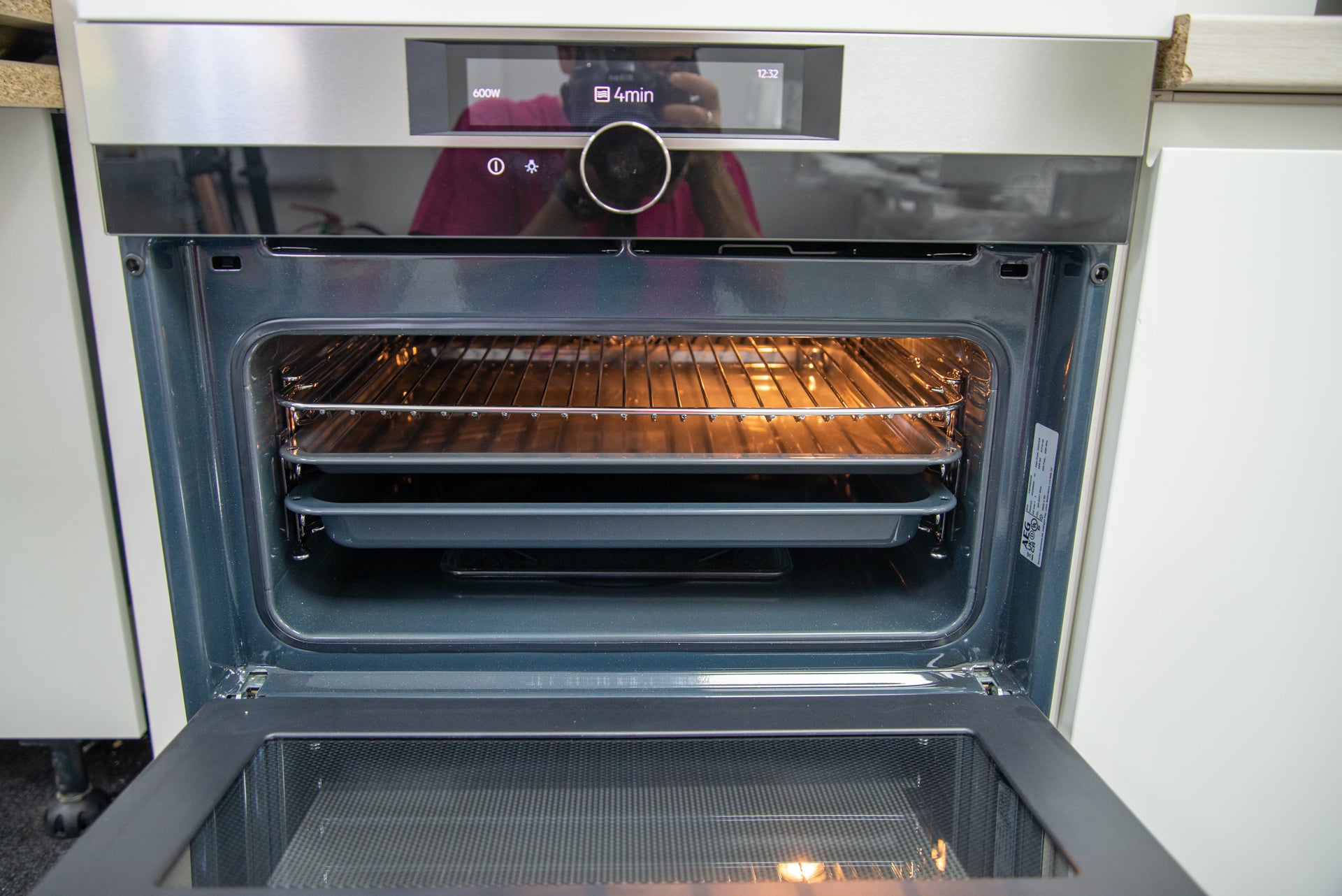
My Oven Won’t Turn Off
Identifying and Troubleshooting the Issue
As a home expert, I understand how frustrating it can be when your oven refuses to turn off. However, with a few simple steps, you can identify and potentially fix this issue without the need for professional assistance.
1. Check the Oven Controls
The first step is to ensure that the oven controls are properly set. Verify that you have turned the oven off according to the manufacturer’s instructions. Sometimes, the control panel may appear off, but the heating elements might still be active.
If the oven appears to be off but remains hot, it’s possible that the temperature sensor or control board is malfunctioning. Consider reaching out to a qualified technician for further assistance.
2. Inspect the Heating Elements
Another possibility is a defective heating element that continues to produce heat even when the controls indicate otherwise. To narrow down the issue, visually inspect the heating elements for any signs of damage or irregularities. If you notice any problems, make sure to replace the faulty element with a new one that matches the oven’s specifications.
Remember, working with electrical components can be dangerous, so always disconnect the power supply before attempting any repairs. If you’re unsure or uncomfortable with electrical work, it’s best to consult a professional technician to avoid any risks.
3. Check the Thermostat
The oven thermostat plays a crucial role in regulating the temperature. If it malfunctions, it may cause your oven to continue heating, even if you’ve turned it off. To troubleshoot this, you can try recalibrating the thermostat according to the manufacturer’s instructions.
If recalibration doesn’t solve the problem or you notice visible damage to the thermostat, it’s advisable to replace it. Contacting a technician can help you determine the proper replacement part and ensure a safe and accurate installation.
4. Power Supply and Circuit Breaker
It’s also worth checking if the oven is receiving proper power from the electrical circuit. Make sure that the plug is secure in the socket and no wires are loose or damaged. Additionally, check the circuit breaker box to confirm that the oven’s circuit breaker hasn’t tripped.
If you find any issues with the power supply, contact a licensed electrician to resolve the problem. Handling electrical repairs without proper knowledge can be hazardous.
5. Contact a Professional Technician
If you have exhausted all troubleshooting steps and your oven still won’t turn off, it’s time to seek professional help. Contacting a certified appliance repair technician experienced in oven repairs can help diagnose and resolve the issue safely.
Remember, attempting complex repairs without proper expertise can lead to further damage or injury. Hiring a professional ensures that the problem is accurately diagnosed and resolved, giving you peace of mind and a fully functioning oven.
Conclusion
Oven malfunctions, such as an oven that won’t turn off, can be frustrating, but identifying and resolving the problem is often possible without expert assistance. By following the steps outlined above, you can troubleshoot your oven and, in some cases, fix the issue yourself.
However, always prioritize your safety and contact a professional technician if you encounter any difficulties or are unsure about the repairs. Remember, your oven is a vital component in your home, and proper maintenance ensures its longevity and reliable performance.
For more detailed guidance, consult your oven’s user manual or reach out to the manufacturer’s customer support for specific troubleshooting instructions tailored to your oven’s make and model.


